Despite the film taking place entirely in Marseilles and not being in English, the story and characters of Zachary and Shéhérazade were so universal it was easy to forget this was a foreign film. Some small details may place this story in a certain context, but the greater structure is so simple and relatable and human that it could be a Shakespeare play. The world of pimps and prostitutes has rarely felt so relatable and real, not because of the actions they take but because of the emotions they feel and confusion they face. Life can appear wildly foreign at first glance in a different country, a different culture, a different generation, but humanity stays the same.
Shéhérazade transcends its own genre of crime drama to become human cinema, appealing to action lovers and romantics alike, fans of both character studies and thrillers. Shéhérazade is now streaming on Netflix, a great watch for anyone looking for a realistic crime story that packs a serious emotional punch.

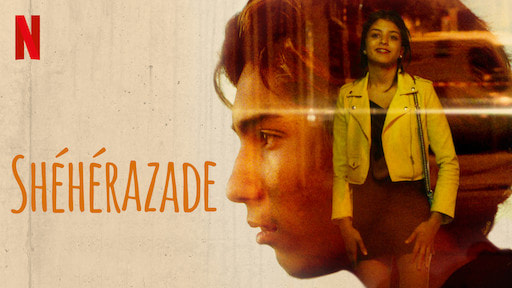

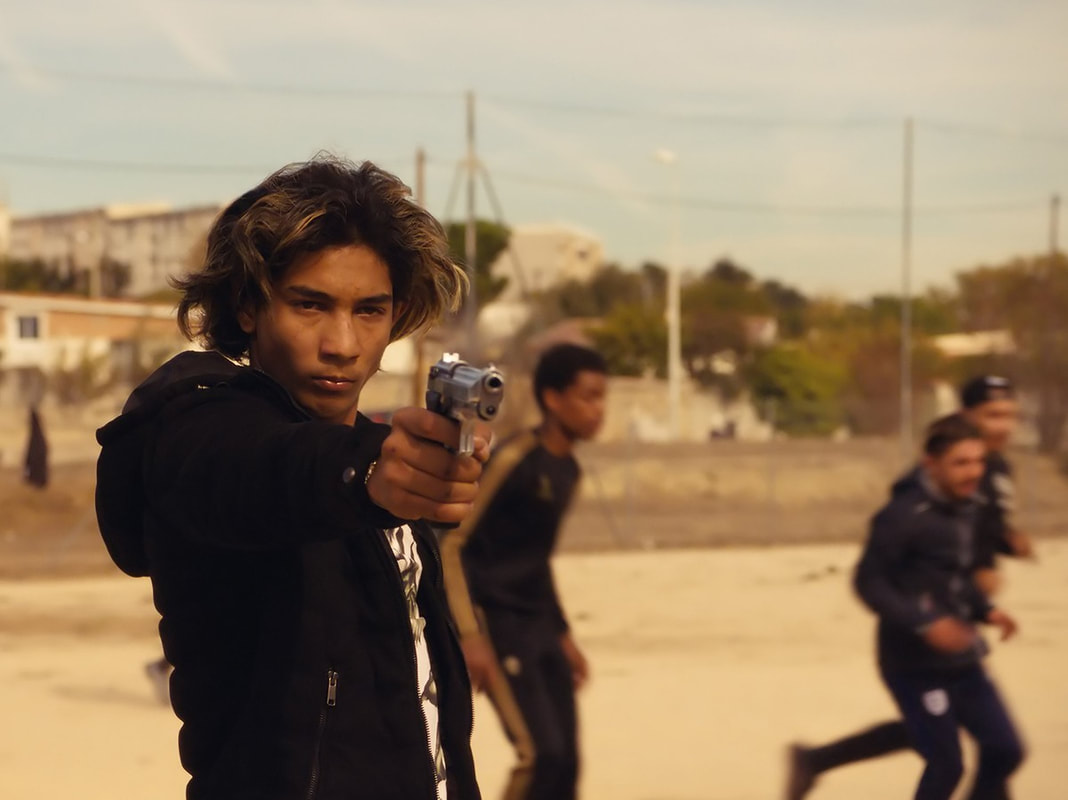
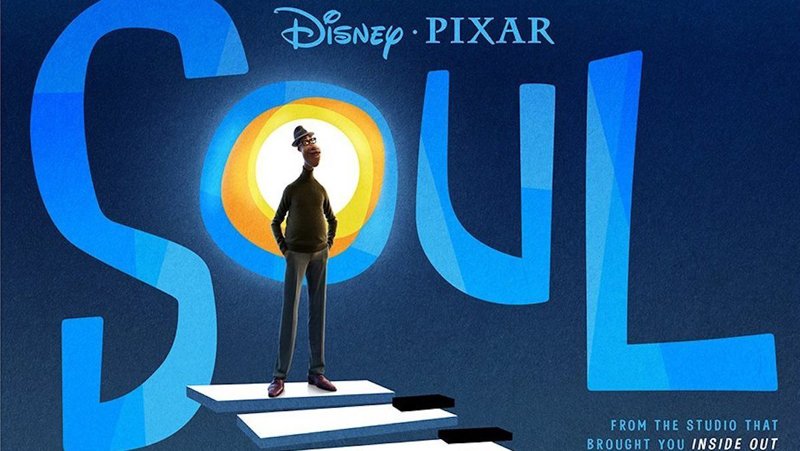


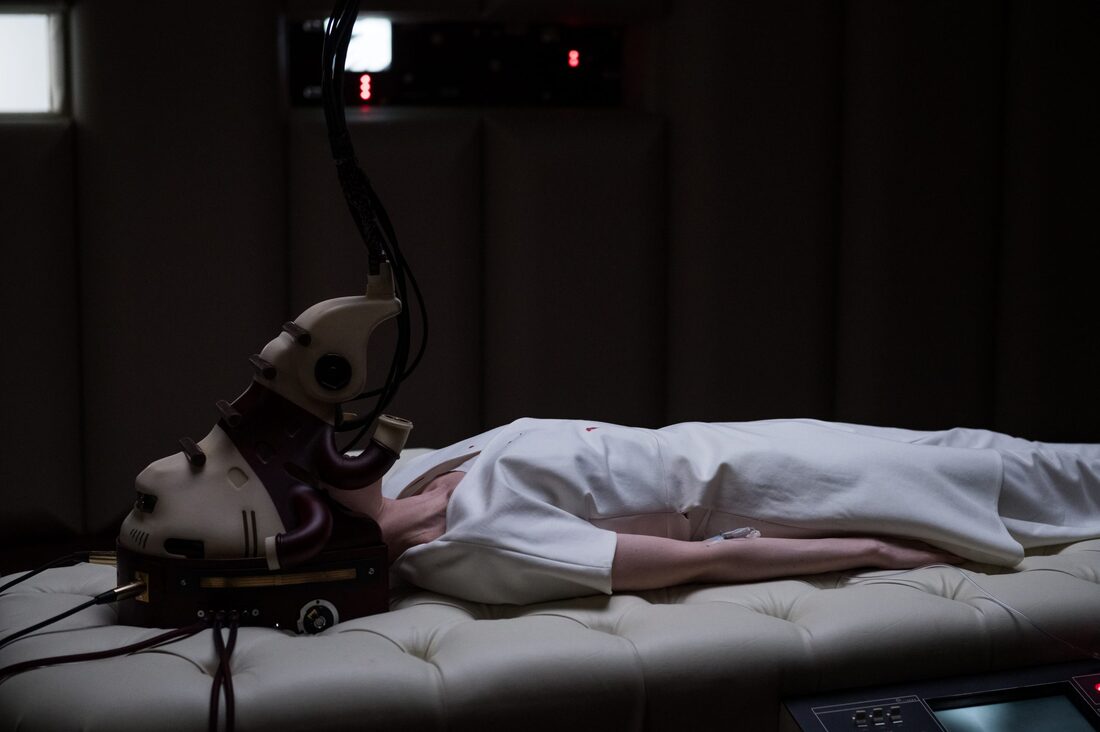
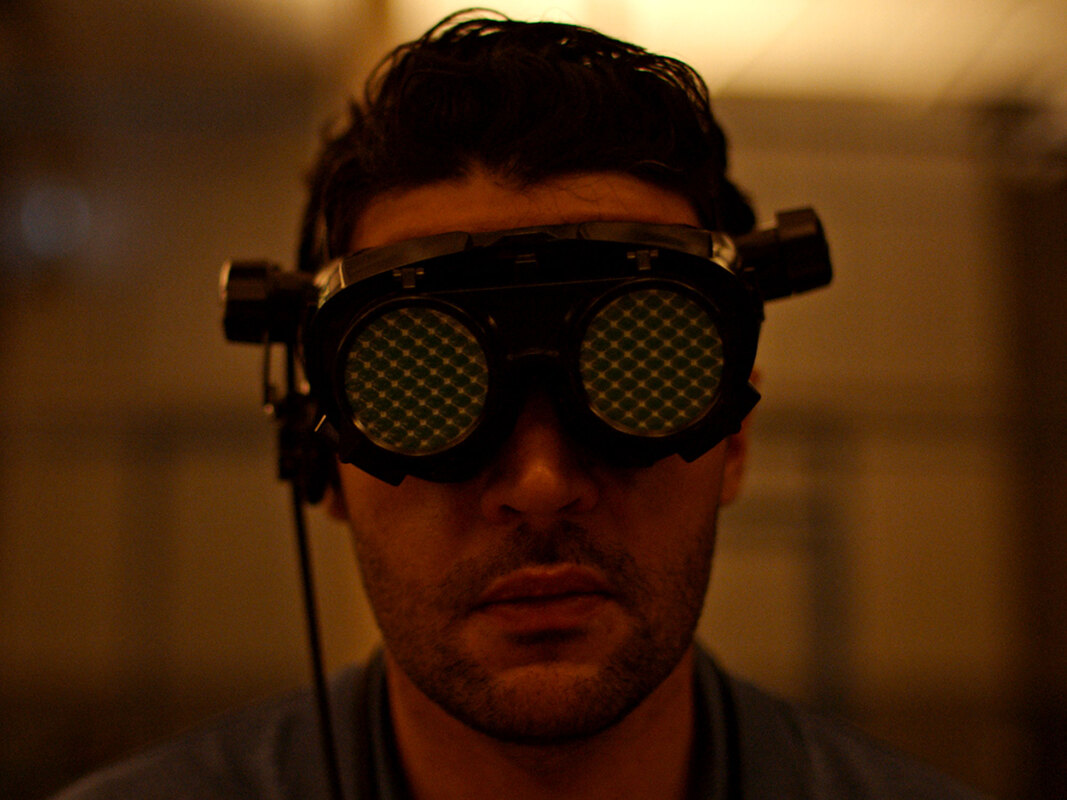

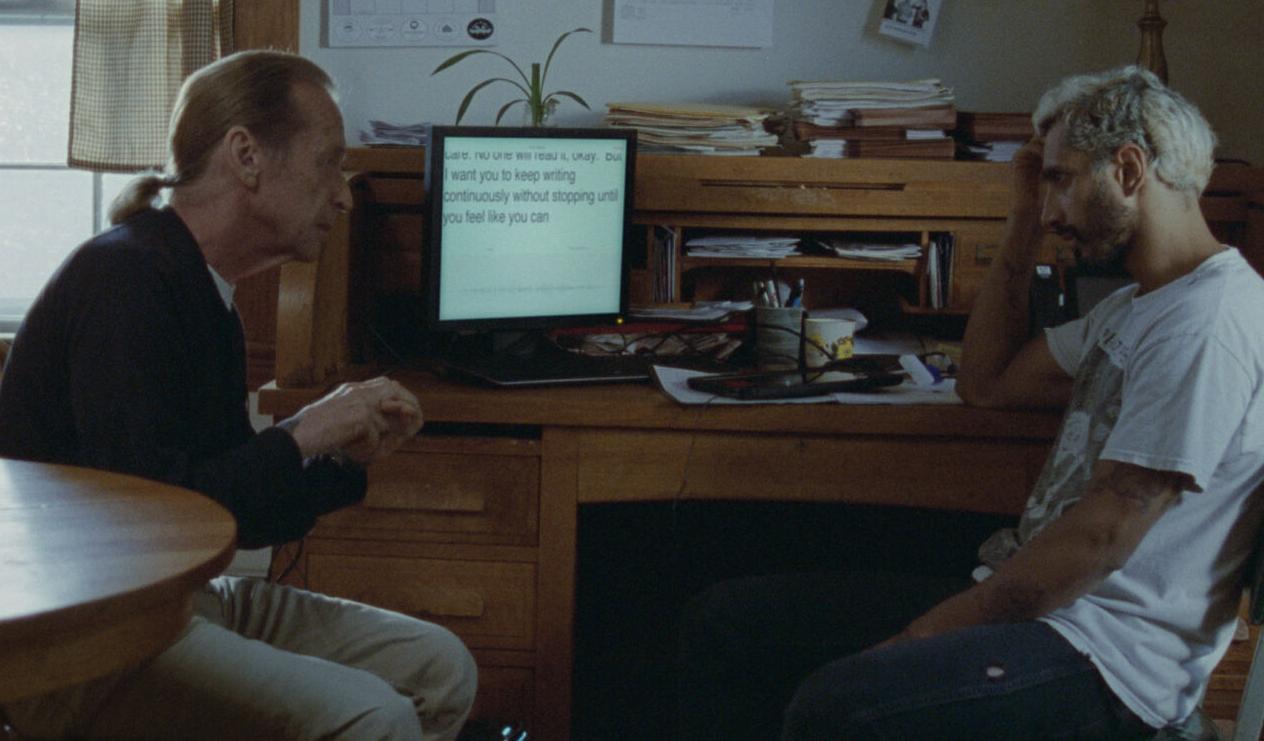
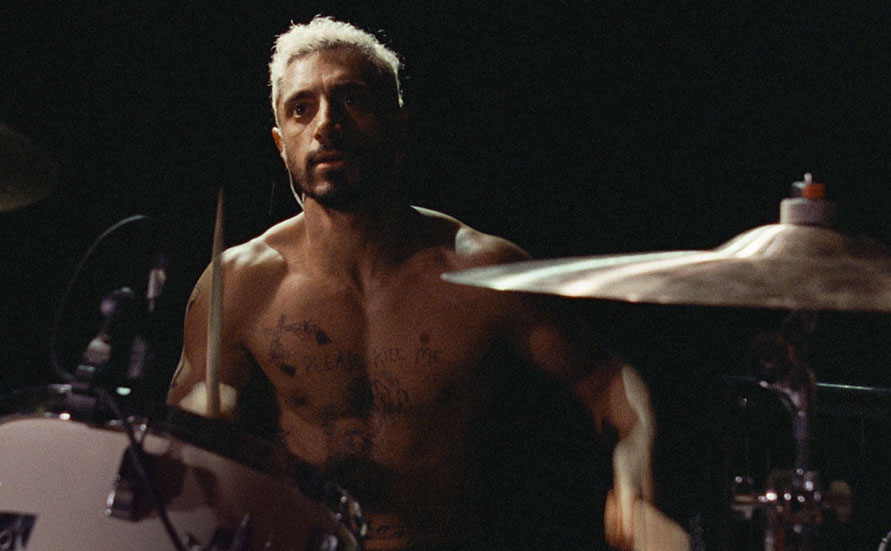
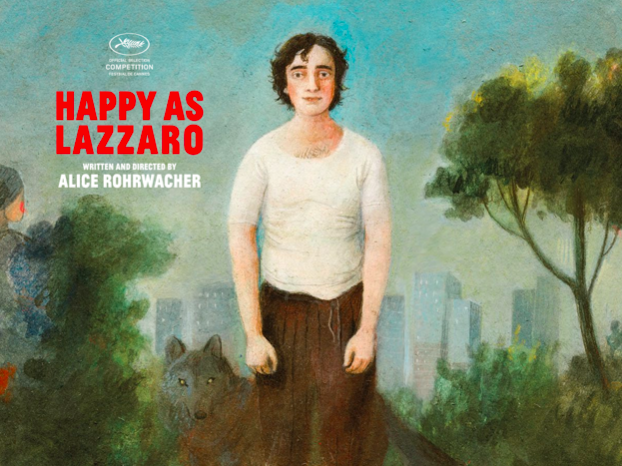
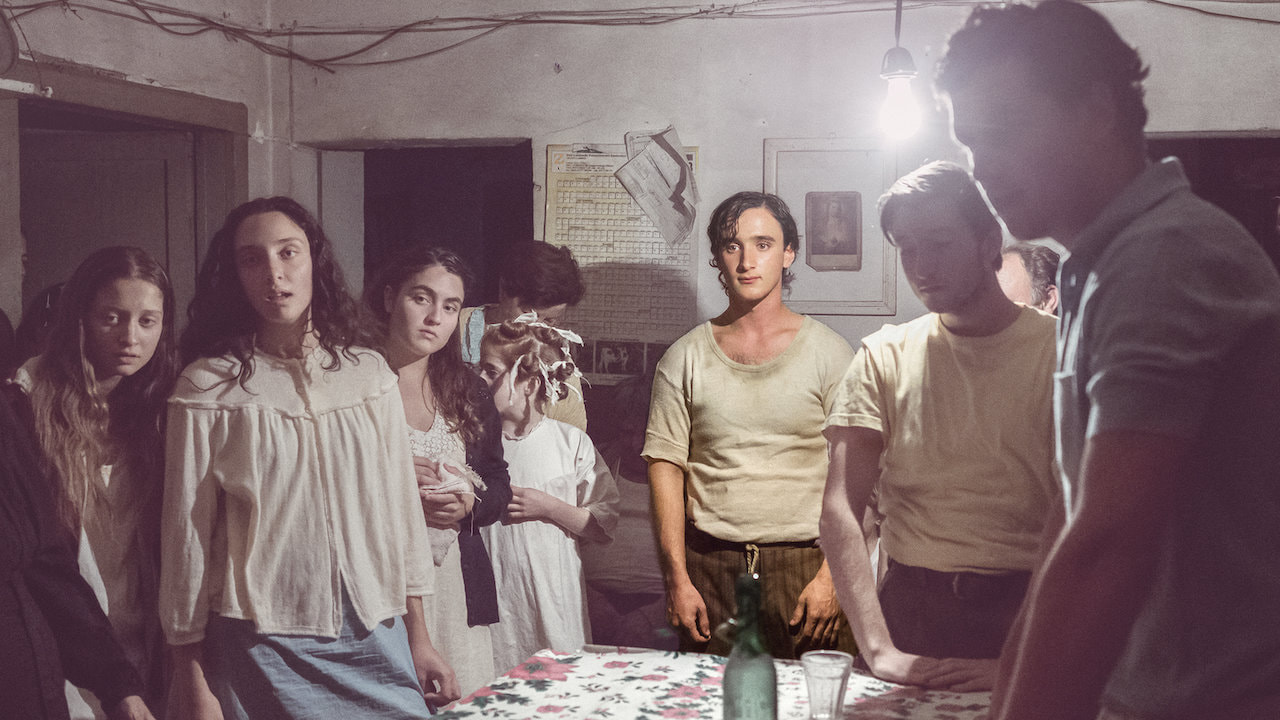
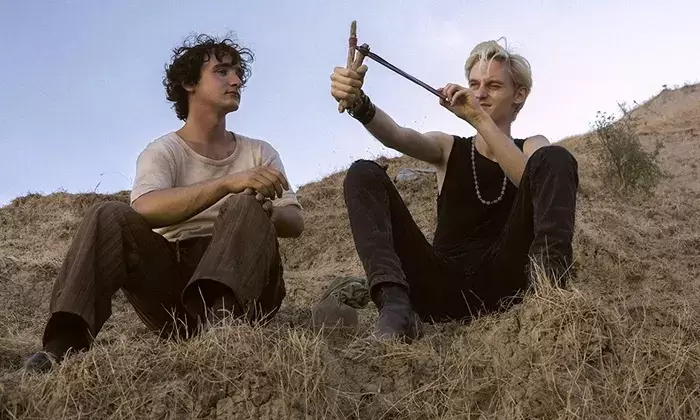
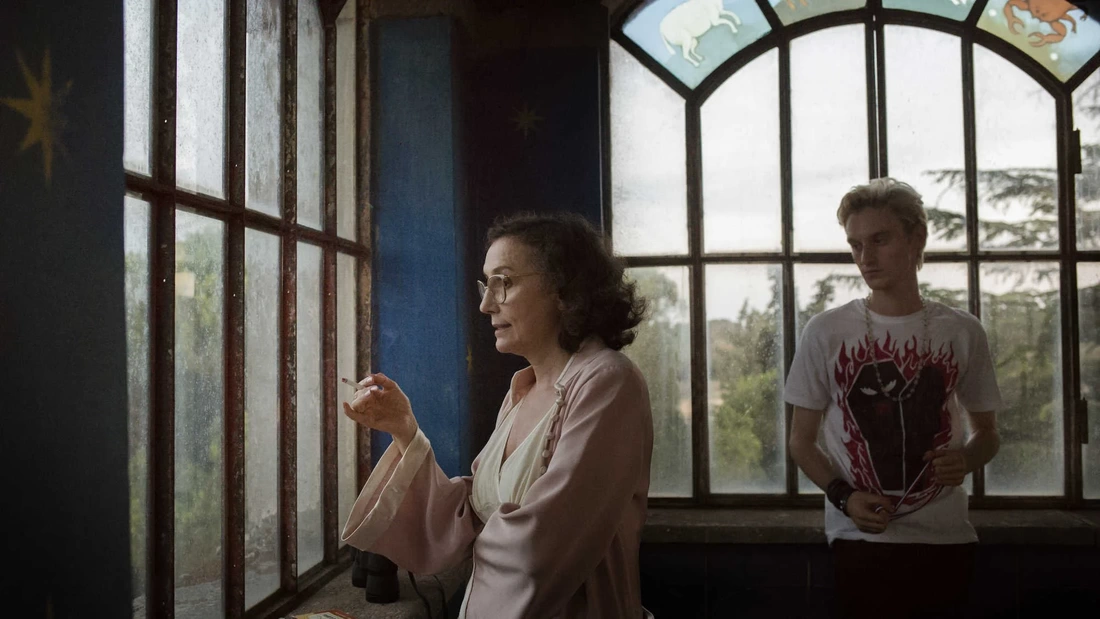
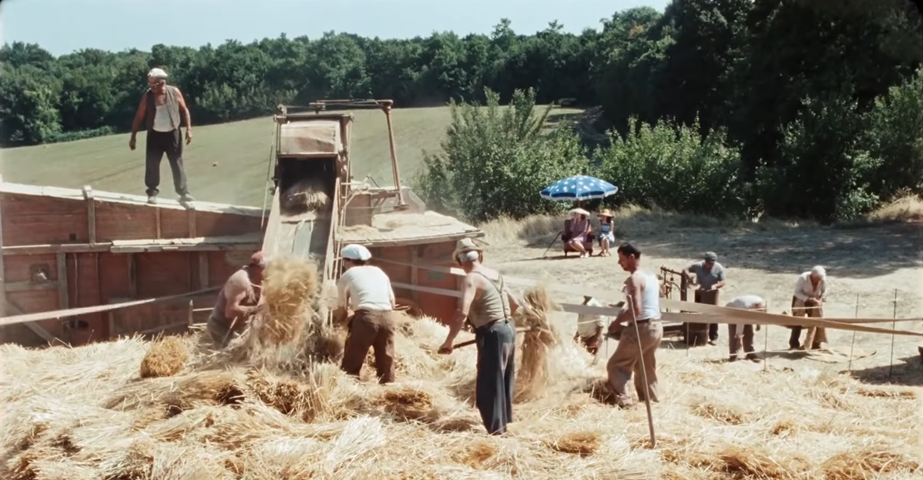
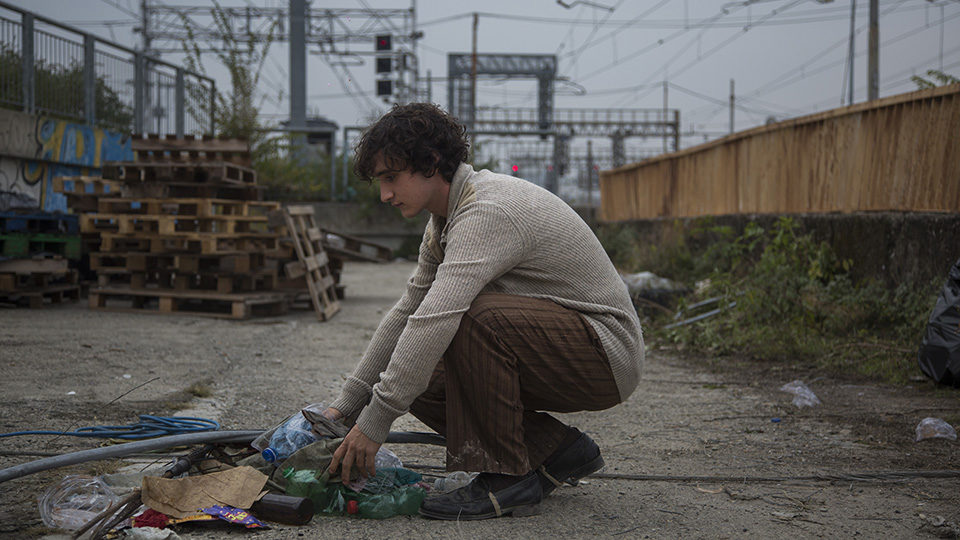

 RSS Feed
RSS Feed
